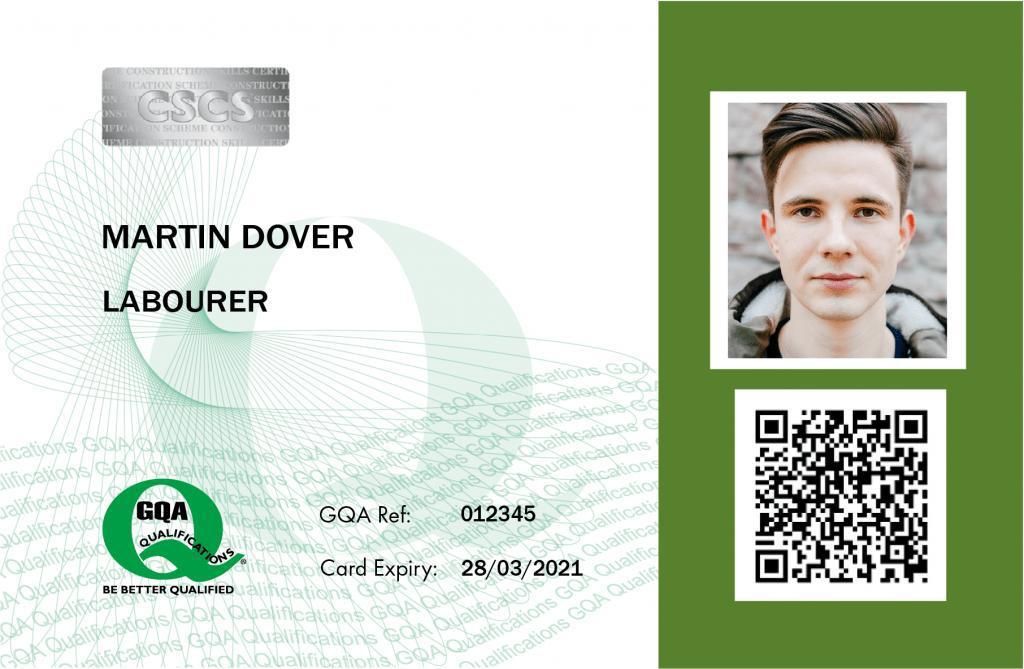
Environmental Sustainability and Climate Action
Course ID: 2504070107756ESH
Course Dates : 07/04/25 Course Duration : 5 Studying Day/s Course Location: London, UK
Language: Bilingual
Course Category: NGO Programmes
Course Subcategories: Environmental and Social Impact
Course Certified By: ESHub CPD & LondonUni - Executive Management Training
* Professional Training and CPD Programs
Certification Will Be Issued From :
From London, United Kingdom
Course Fees: £5,120.30
Vat Not Included in the price. VAT may vary depending on the country where the course or workshop is held.
Click to Pay
Date has passed please contact us Sales@e-s-hub.com
Course Information
Introduction
Environmental sustainability and climate action have emerged as critical imperatives for organizations, governments, and communities striving to balance ecological health with socio-economic development. The escalating impacts of climate change—ranging from extreme weather events to biodiversity loss—underscore the urgent need for proactive measures. Non-Governmental Organizations (NGOs), in particular, play a pivotal role in driving awareness, advocacy, and actionable solutions. This course is designed to equip participants with the knowledge and tools necessary to contribute meaningfully to environmental sustainability initiatives within their respective fields.
The global discourse on sustainability has evolved significantly, with frameworks such as the United Nations Sustainable Development Goals (SDGs) and the Paris Agreement serving as guiding principles. Despite these advancements, significant gaps remain in translating theoretical knowledge into practical strategies. Many organizations struggle to integrate sustainability into their core operations due to limited expertise or unclear implementation pathways. This course addresses these challenges by bridging the gap between theory and practice, offering participants a comprehensive understanding of both foundational concepts and advanced applications.
Participants will explore case studies that highlight successful sustainability initiatives, such as the reforestation efforts led by the Green Belt Movement in Kenya or the renewable energy projects spearheaded by the World Wildlife Fund (WWF). These examples demonstrate how strategic planning, community engagement, and innovative technologies can drive impactful outcomes. By examining real-world scenarios, learners will gain insights into overcoming common obstacles, such as resource constraints and stakeholder resistance, while fostering collaboration across sectors.
Mastering the content of this course offers numerous benefits. For individuals, it enhances career prospects by equipping them with sought-after skills in sustainability management, policy analysis, and climate adaptation strategies. Organizations, on the other hand, stand to gain through improved operational efficiency, enhanced reputation, and alignment with regulatory requirements. Furthermore, adopting sustainable practices often leads to cost savings and increased resilience against future disruptions, making it a win-win proposition for all stakeholders involved.
Drawing on established theories like the Triple Bottom Line (TBL) framework—which emphasizes people, planet, and profit—and systems thinking approaches, this course provides a robust foundation for addressing complex environmental issues. Participants will also engage with emerging trends, such as circular economy models and carbon neutrality commitments, which are reshaping industries worldwide. By staying abreast of these developments, learners will be better positioned to lead transformative change within their organizations.
Ultimately, this course seeks to empower participants to become catalysts for positive environmental impact. Whether advocating for policy reforms, designing eco-friendly programs, or mobilizing communities, the skills acquired here will enable learners to address pressing environmental challenges effectively. As the world grapples with unprecedented ecological crises, there has never been a more opportune moment to invest in sustainability education and action.
Objectives
By attending this course, participants will be able to:
Analyze the key principles of environmental sustainability and their relevance to organizational goals.
Evaluate existing sustainability frameworks and identify opportunities for improvement within specific contexts.
Design actionable strategies to reduce carbon footprints and promote resource efficiency.
Implement community-based climate action plans using participatory methodologies.
Apply systems thinking to assess the interdependencies between social, economic, and environmental factors.
Develop communication strategies to advocate for sustainable practices among diverse stakeholders.
Assess compliance with international environmental standards and recommend corrective actions where necessary.
Who Should Attend?
This course is ideal for:
Program managers and coordinators working in NGOs focused on environmental conservation and climate action.
Policy advisors and consultants seeking to deepen their expertise in sustainability frameworks and best practices.
Corporate sustainability officers aiming to align business operations with environmental stewardship.
Educators and trainers interested in integrating sustainability topics into their curricula.
These groups will find the course valuable as it addresses the growing demand for skilled professionals capable of navigating the complexities of environmental sustainability. While prior exposure to sustainability concepts is beneficial, the course is structured to accommodate beginners and intermediate learners, ensuring accessibility without compromising depth.
Training Method
• Pre-assessment
• Live group instruction
• Use of real-world examples, case studies and exercises
• Interactive participation and discussion
• Power point presentation, LCD and flip chart
• Group activities and tests
• Each participant receives a 7” Tablet containing a copy of the presentation, slides and handouts
• Post-assessment
Program Support
This program is supported by:
* Interactive discussions
* Role-play
* Case studies and highlight the techniques available to the participants.
Daily Agenda
Daily Schedule (Monday to Friday)
- 09:00 AM – 10:30 AM Technical Session 1
- 10:30 AM – 12:00 PM Technical Session 2
- 12:00 PM – 01:00 PM Technical Session 3
- 01:00 PM – 02:00 PM Lunch Break (If Applicable)
- Participants are expected to engage in guided self-study, reading, or personal reflection on the day’s content. This contributes toward the CPD accreditation and deepens conceptual understanding.
- 02:00 PM – 04:00 PM Self-Study & Reflection
Please Note:
- All training sessions are conducted from Monday to Friday, following the standard working week observed in the United Kingdom and European Union. Saturday and Sunday are official weekends and are not counted as part of the course duration.
- Coffee and refreshments are available on a floating basis throughout the morning. Participants may help themselves at their convenience to ensure an uninterrupted learning experience Provided if applicable and subject to course delivery arrangements.
- Lunch Provided if applicable and subject to course delivery arrangements.
Course Outlines
Foundations of Environmental Sustainability
Introduction to key sustainability concepts and terminologies.
Overview of global environmental challenges and their implications.
Understanding the UN SDGs and their role in shaping sustainability agendas.
Case study: Lessons from Costa Rica’s transition to renewable energy.
Day 2:
Frameworks and Tools for Sustainability
Exploring the Triple Bottom Line (TBL) framework.
Introduction to Life Cycle Assessment (LCA) and its applications.
Tools for measuring and reporting environmental impact.
Group activity: Developing a basic sustainability audit plan.
Day 3:
Climate Action Strategies
Principles of climate mitigation and adaptation.
Designing low-carbon initiatives for organizations and communities.
Role of technology in advancing climate solutions.
Case study: WWF’s renewable energy projects in developing countries.
Day 4:
Community Engagement and Advocacy
Techniques for effective stakeholder engagement.
Building partnerships for collaborative climate action.
Crafting compelling narratives for sustainability advocacy.
Role-playing exercise: Pitching a sustainability project to funders.
Day 5:
Compliance and Future Trends
Navigating international environmental regulations and standards.
Emerging trends in sustainability, including circular economies and net-zero targets.
Preparing for future challenges in climate resilience.
Final workshop: Presenting a comprehensive sustainability action plan.



















































